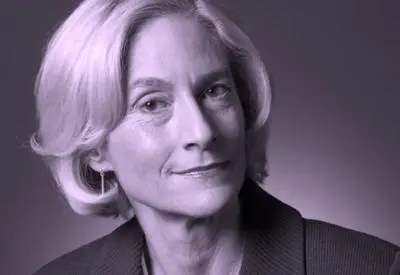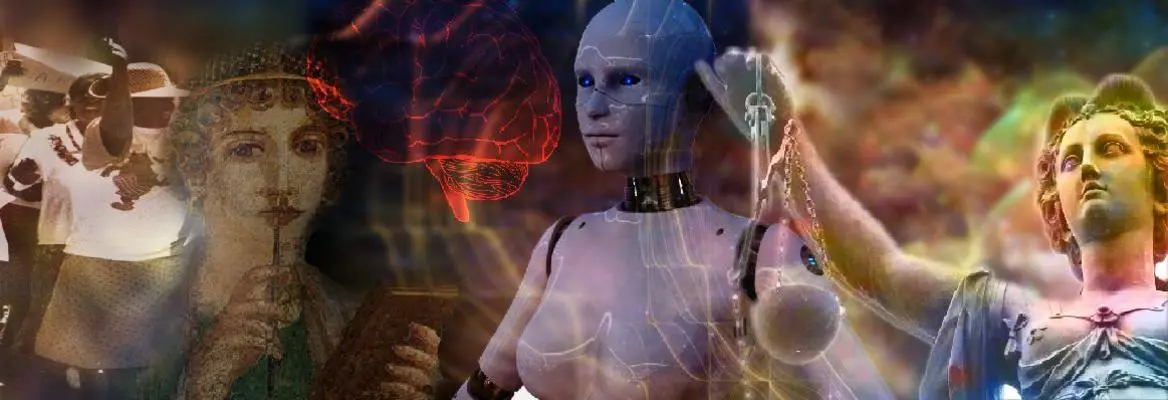For International Women's Day, we've asked established as well as up-and-coming contemporary women in philosophy to recommend the other women in the field that they admire most. According to HESA data, only 35% of philosophy PhD students in the UK are female, compared to 61% in English and 53% in history, and only 24% of permanent academic staff in UK philosophy departments are women. The situation is similar across the transatlantic and anglophone world. Yet female thinkers produce groundbreaking work across all fields of western philosophy, from metaphysics to political theory, and sometimes on the boundaries between philosophy and other disciplines such as biology, economics and law. Our hope is that this list will point our readers towards new ideas and thinkers that have transformed the intellectual landscape of the past few decades. And if there are other contemporary female philosophers you would like to recommend, or whose work you admire, then join the conversation and let us know in the comments.
___
Elizabeth Anderson
A moral and political philosopher, Anderson has done groundbreaking work in the philosophy of economics in her most recent book Private Government: How Employers Rule Our Lives (And Why We Don’t Talk About It) (2019). She is currently working on a history of egalitarianism.
Which of your works would you suggest to someone new to your ideas but would like to get a better sense of them, and why?
The Imperative of Integration (2010): This gives the best sense of how I think normative inquiry should be done: starting with real-world problems of our non-ideal world,
doing normative theory in close engagement with findings in the social sciences and history.
“What is the Point of Equality?”, which was published in Ethics 109.2 (1999): 287-337. That is my most influential paper, aiming to redirect the focus of egalitarianism.
Which contemporary female philosophers have inspired you, and why?
Which female philosophers in your field/s do you recommend reading, and why?
Besides my inspirations, above, I recommend:
What contemporary female philosophers outside your specialism do you recommend reading, and why?
___
Michele Moody-Adams
Professor of Political Philosophy and Legal Theory at Columbia University, Moody-Adams has written on morality, social justice and democratic disagreement. She is currently working on a book on the political culture and institutions that can achieve justice in multicultural democracies.
Which of your works would you suggest to someone new to your ideas but would like to get a better sense of them, and why?
I would recommend these three works because they express some of my deepest intellectual and ethical commitments:
What contemporary/recent female philosophers have inspired you, and why?
I have been fortunate to study with many extraordinary female philosophers, so choosing only two is quite difficult.
 SUGGESTED READING
Martha Nussbaum On How To Escape Fear
By Paula Erizanu David Maclean
In my undergraduate days, I studied with Ruth Anna Putnam (now an emeritus professor of Philosophy at Wellesley college). Prof. Putnam is the co-author, with Hilary Putnam (her spouse) of Pragmatism as a Way of Life: The Lasting Legacy of William James and John Dewey. Prof. Putnam held her philosophy students to high standards, but never hesitated to encourage those students for whom philosophy seemed to be "calling" as a vocation.
SUGGESTED READING
Martha Nussbaum On How To Escape Fear
By Paula Erizanu David Maclean
In my undergraduate days, I studied with Ruth Anna Putnam (now an emeritus professor of Philosophy at Wellesley college). Prof. Putnam is the co-author, with Hilary Putnam (her spouse) of Pragmatism as a Way of Life: The Lasting Legacy of William James and John Dewey. Prof. Putnam held her philosophy students to high standards, but never hesitated to encourage those students for whom philosophy seemed to be "calling" as a vocation.
As I completed my graduate degree (at Harvard), Martha Nussbaum was one of my teachers and a constant reminder of what women could contribute to the discipline. My favourite work of Nussbaum's is The Fragility of Goodness.
What contemporary female philosophers in your field/s do you recommend reading, and why?
In addition to Martha Nussbaum and Ruth Anna Putnam, I recommend:





















Join the conversation